The Russian film industry underwent a renaissance in 2003 according the Russian Ministry of Culture. After years of crisis the ministry announced that 60 state supported features, 400 documentaries and 30 animated films were produced last year. An additional 25 to 30 features were produced with wholly private backing.
Deputy Minister for Culture of the Russian Federation, Alexander Golutva said: "The Russian cinema is on the rise. What we planned to do last year we did."
He also emphasised the bright prospects for the future with a number of successful debuts including Venice prize-winner The Return by Andrei Zvyagintsev, Koktebel by Boris Khlebnikov and Alexei Popogrebsky and The Last Train by Alexei Gherman-Jr.
Among the most anticipated films for 2004 include My Brother Frankenstein by Valery Todorovsky, The Pale Horse by Karen Shakhnazarov, and The Red Sky by Valery Ogorodnikov.
State support will be increased in 2004 by an average of 14% for feature and documentaries and a substantial increase of 53% for animation.
Golutva said the state would concentrate its funding on debuts, arthouse films, documentaries, animation and children's films. He said: "We don't want to return to the days of full state financing. We see our main task as helping to develop the free market in Russia. The new generation of film-goers want to see Russian films and are ready to pay for it."
He cited the success of domestic releases like Antikiller 2 by Yegor Konchalovsky which grossed more than $2.6m at the box office and Boomer by Peter Buslov which grossed $1.6m as examples of commercial successes.
Last year at the box office the Russian film market as a whole increased by 70% over 2002, reaching $190m compared to 2002's $112m.
Local industry expectations for 2004 indicate the box office for Russia and the CIS could reach $250m, driven by the rapid growth in new multiplex building.




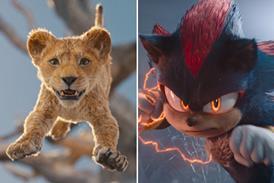
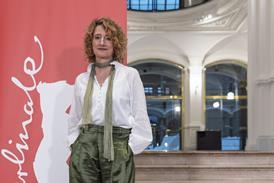






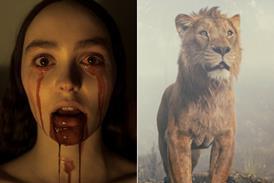

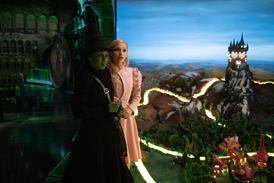


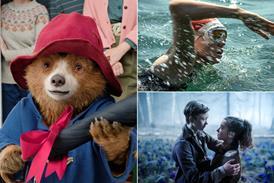

No comments yet